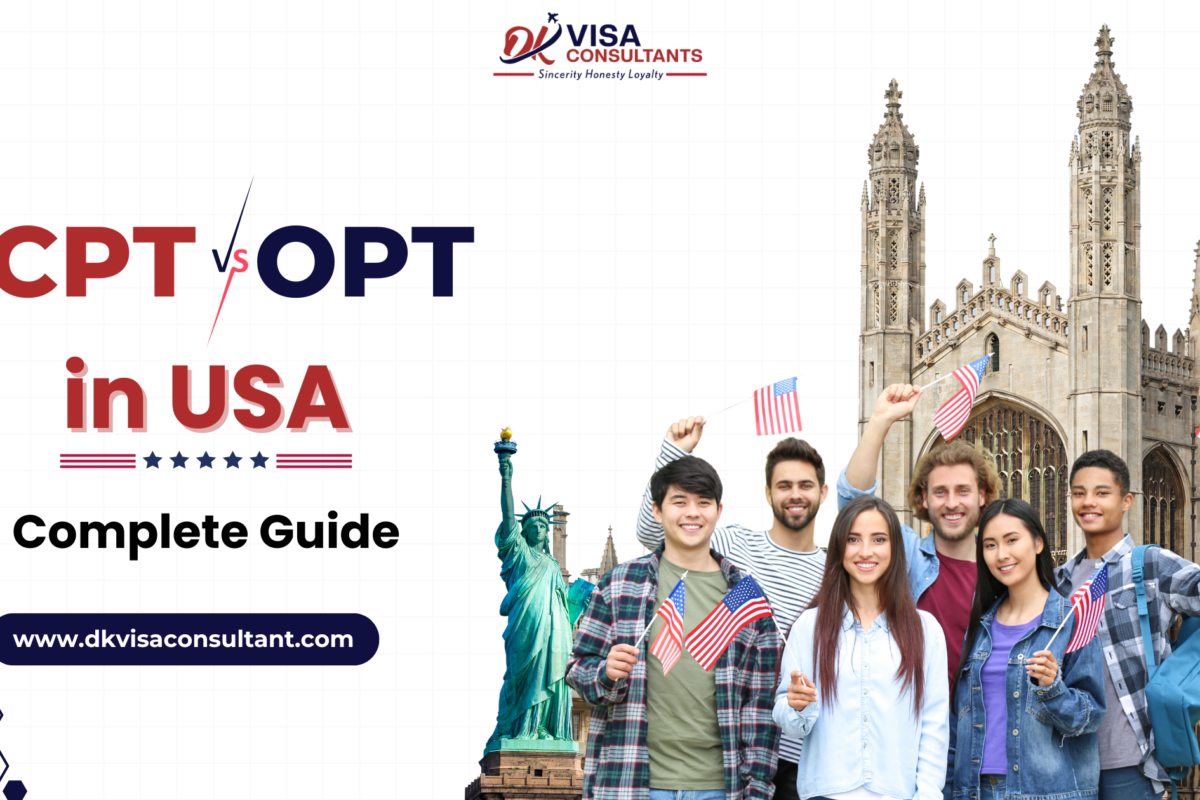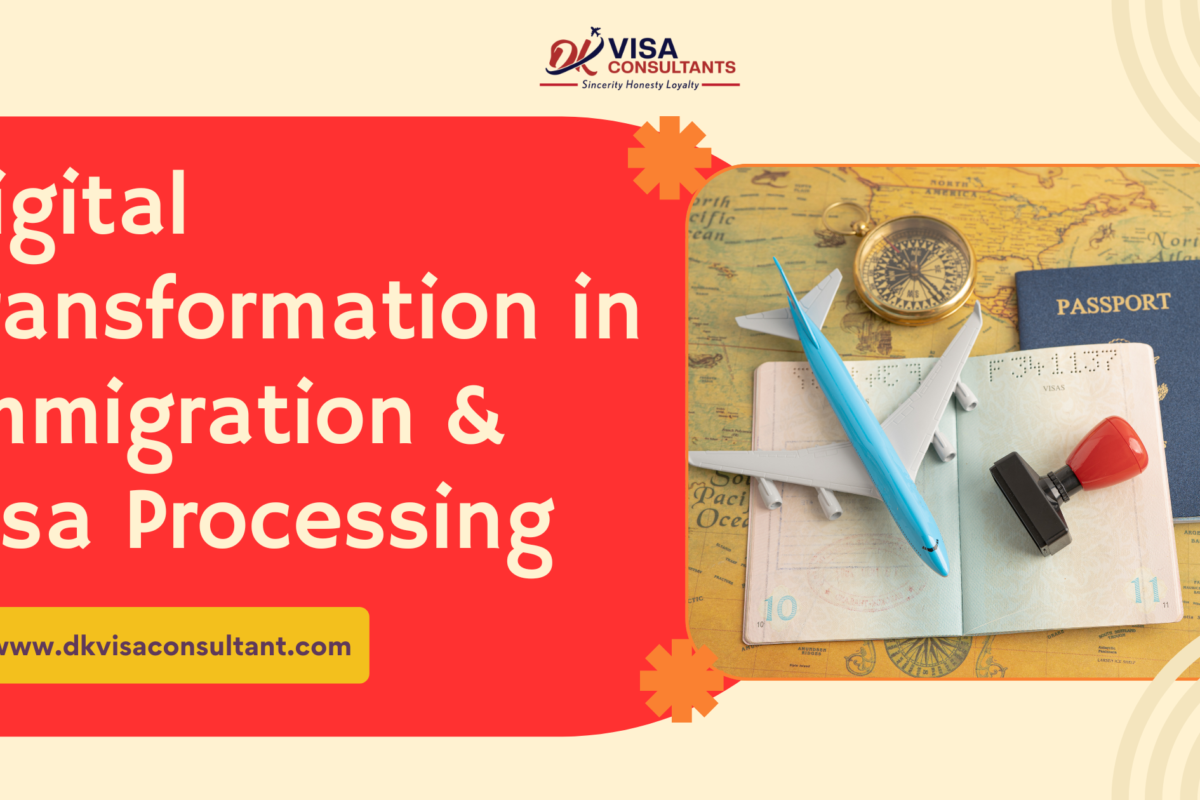Curricular Practical Training (CPT) and Optional Practical Training (OPT) are essential opportunities for international students aiming to gain professional experience in the United States. Terms like CPT vs OPT, F-1 student visa, work authorization, STEM OPT extension, USCIS, SEVIS, and employment authorization document (EAD) are key to understanding how these processes work for those pursuing higher education and future careers in the U.S. This comprehensive guide explores every aspect of CPT vs OPT, from eligibility and application to differences, benefits, and strategies for maximizing professional opportunities as an international student.
Understanding CPT: Curricular Practical Training
Curricular Practical Training (CPT) allows international students to acquire practical work experience related to their major field of study while enrolled in a U.S. academic program. CPT experiences typically involve internships, cooperative education, or other training that is integral to the curriculum. Authorization is provided by the designated school official (DSO) representing the institution and is reflected on the student’s Form I-20 through the Student and Exchange Visitor Information System (SEVIS).
Key Features of CPT
- CPT can be part-time (up to 20 hours per week) or full-time (over 20 hours per week).
- Full-time CPT for 12 months removes eligibility for OPT at that degree level.
- Employer-specific, meaning the student must secure a job offer before authorization.
- Must occur before the academic program end date (pre-graduation).
Eligibility Criteria
Candidates must:
- Hold valid F-1 student status.
- Complete at least one academic year at a Student and Exchange Visitor Program (SEVP)-certified institution (except for graduate programs requiring immediate CPT)
- Ensure training is an integral part of the curriculum.
- Secure a job/internship offer directly relating to their major area of study before requesting CPT.
Guidelines and Documentation
Authorization must come from the DSO, with the opportunity recorded in SEVIS and specified on Form I-20. Common documentation includes a CPT workshop completion certificate, academic recommendation, a copy of present I-20, training description, and employer agreement letter. CPT must be authorized before beginning employment, and multiple CPT experiences can be held simultaneously as long as criteria are met.
Understanding OPT: Optional Practical Training
Optional Practical Training (OPT) enables international students to pursue employment or internships directly related to their field of study, either during their program (pre-completion OPT) or after graduation (post-completion OPT). Approval for OPT comes from the U.S. Citizenship and Immigration Services (USCIS) after endorsement by the DSO.
Key Features of OPT
- OPT may be undertaken before or after program completion, with a total duration of up to 12 months for each educational level (bachelor’s, master’s, etc.).
- The STEM OPT extension provides an additional 24 months for certain science, technology, engineering, and math graduates, totaling up to 36 months.
- Employment under OPT is not employer-specific, as long as it is relevant to the student’s major.
- USCIS issues an Employment Authorization Document (EAD) before students can begin working.
Eligibility Criteria
Applicants must:
- Maintain F-1 status and have studied for at least one academic year.
- Seek employment related directly to their program of study.
- Not have previously used OPT authorization for the same degree level.
Guidelines and Documentation
DSO recommendation is required before USCIS can issue the EAD. Documentation needed includes passport photos, Form I-765, present passport, I-94 printouts, and a copy of I-20 with OPT recommendation. OPT can be full-time or part-time, but work during sessions must not exceed 20 hours per week.
Major Differences Between CPT and OPT
A thorough understanding of CPT vs OPT requires comparison across several dimensions:
| Factor | CPT | OPT |
|---|---|---|
| Purpose | Earn practical experience during study | Gain practical experience before or after graduation |
| Relation to Degree | Integral to curriculum, part of degree requirement | Not tied to degree requirement, only related to major field |
| Authorization | DSO authorization, noted in SEVIS/I-20 | DSO recommendation, USCIS authorization, EAD issued |
| Employer Requirement | Employer-specific; need job before applying | No employer-specific requirement; job search can happen after approval |
| Application Mode | Online/through school | Paper application to USCIS |
| Work Time | Part-time (≤ 20 hrs/week) or full-time (> 20 hrs/week) | Pre-completion: ≤ 20 hrs/week during study; post-completion: full-time |
| Duration | Up to 12 months (full-time) | 12 months, extendable by 24 months for STEM (max 36 months) |
| STEM Extension | Not eligible | Eligible for 24-month STEM extension |
| Fee | None | $410 (as of 2025) |
| Impact on OPT | ≤ 12 months full-time preserves OPT eligibility | N/A |
The STEM OPT Extension
The STEM OPT extension is a unique feature of OPT for graduates from DHS-approved science, technology, engineering, or mathematics programs. It grants an additional 24 months of post-completion work authorization, extending total OPT to 36 months if criteria are met.
STEM OPT Extension Criteria
- Valid F-1 status.
- Currently in a valid period of post-completion OPT.
- Degree awarded from an SEVP-certified U.S. institution in an approved STEM field.
- Employment with an E-Verify participating employer.
- Signed Form I-983 training plan between student and employer.
Cap-Gap Extension
For students transitioning to H-1B status, the cap-gap extension bridges the period between the expiration of F-1 status or OPT and the start of H-1B employment. To benefit from the cap-gap, students must have an H-1B petition filed on their behalf before their F-1 or OPT expires. This helps maintain lawful status and work authorization during the gap period
How to Apply for CPT ?
Application steps may vary by institution, but the general framework is:
- Contact academic advisor/DSO to determine available CPT programs, eligibility, policies, and sponsoring employers.
- Secure an employment offer letter with required details.
- Complete and submit the CPT application—commonly via online school portal with supporting documents.
- Upon DSO authorization, obtain documentation specifying CPT start and end dates, and share with employer if requested.
- Begin work as authorized on Form I-20.
How to Apply for OPT?
Applying for OPT generally involves:
- Consulting with DSO or college student advisor regarding OPT eligibility and options.
- Requesting the DSO’s recommendation—the DSO updates SEVIS and endorses the I-20 form.
- Filing Form I-765 (Application for Employment Authorization) with USCIS, including all supporting documents and applicable fee.
- Awaiting USCIS approval (may require 90+ days).
- Receiving the EAD and beginning OPT employment on or after the designated start date.
Best Practices for CPT and OPT Success
Successful navigation of CPT and OPT involves proactive planning and collaboration with institutional advisors. The designated school official (DSO) is a key resource, able to interpret rules, ensure eligibility, and guide application processes. Students should regularly attend university-sponsored information sessions, understand university-specific policies, and closely follow application timelines to avoid delays and missed opportunities.
Conclusion
CPT and OPT present powerful pathways for international students to gain hands-on experience, boost employability, and launch successful U.S. careers. Understanding the eligibility criteria, documentation, and application processes for both programs—plus their impact on long-term career plans and transitions like the STEM OPT and cap-gap extension—is crucial for maximizing opportunities. Regular consultation with the DSO and adherence to federal and institutional guidelines are recommended for hassle-free authorization and employment.
For comprehensive support regarding CPT, OPT, STEM OPT extensions, and U.S. work authorization, DK Visa Consultant offers expert guidance and client-focused visa services that ensure successful outcomes for international students wishes to study in USA.
FAQ
Q1. Does full-time CPT affect OPT eligibility?
Ans: Yes. Full-time CPT for 12 months or more disqualifies OPT eligibility. Part-time CPT does not affect OPT.
Q2. Can CPT and OPT be used concurrently?
Ans: They cannot overlap in the sense that work periods must be separate, but CPT can be used during the course of study, and OPT either during or after. However, only one EAD (for OPT) applies; CPT does not grant an EAD.
Q3. What happens if OPT is applied late?
Ans: Delays may create gaps between study completion and start of OPT working period. Maintaining communications with DSO and submitting timely applications are important.
Q4.STEM OPT extension – what are the requirements?
Ans: Must be a degree in an eligible STEM field; employer must participate in E-Verify; Student and employer must complete/training plan (Form I-983)





